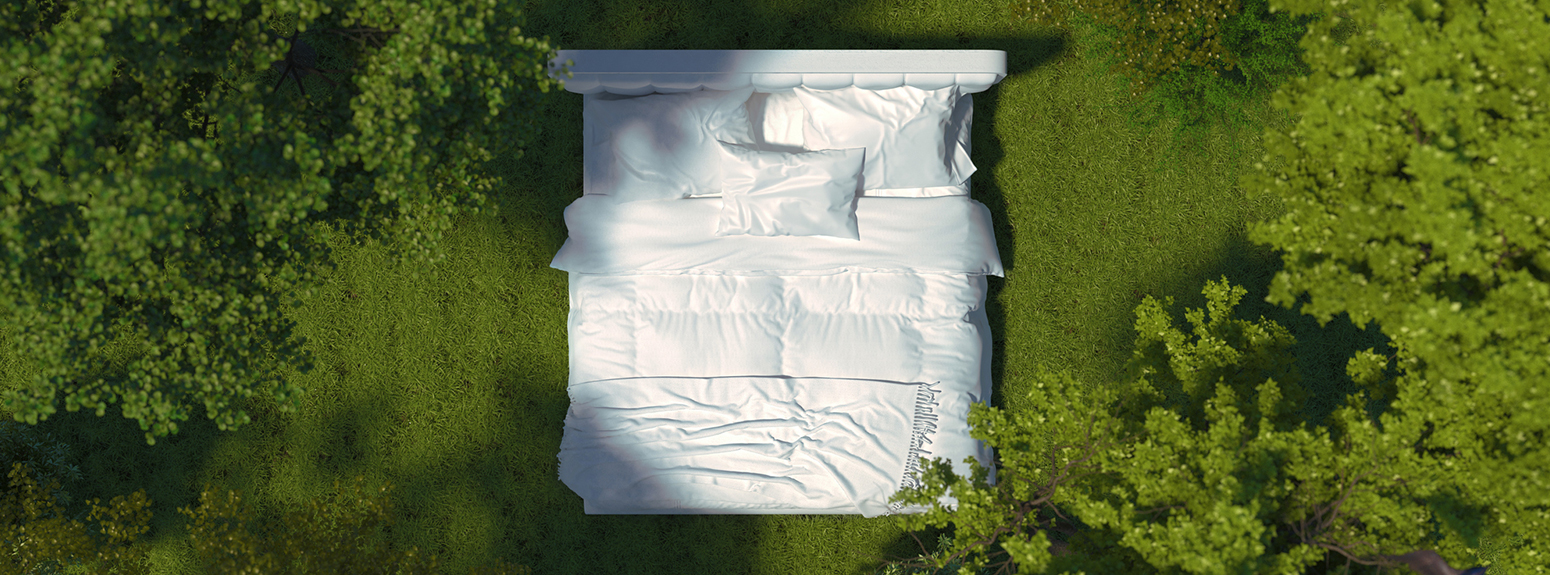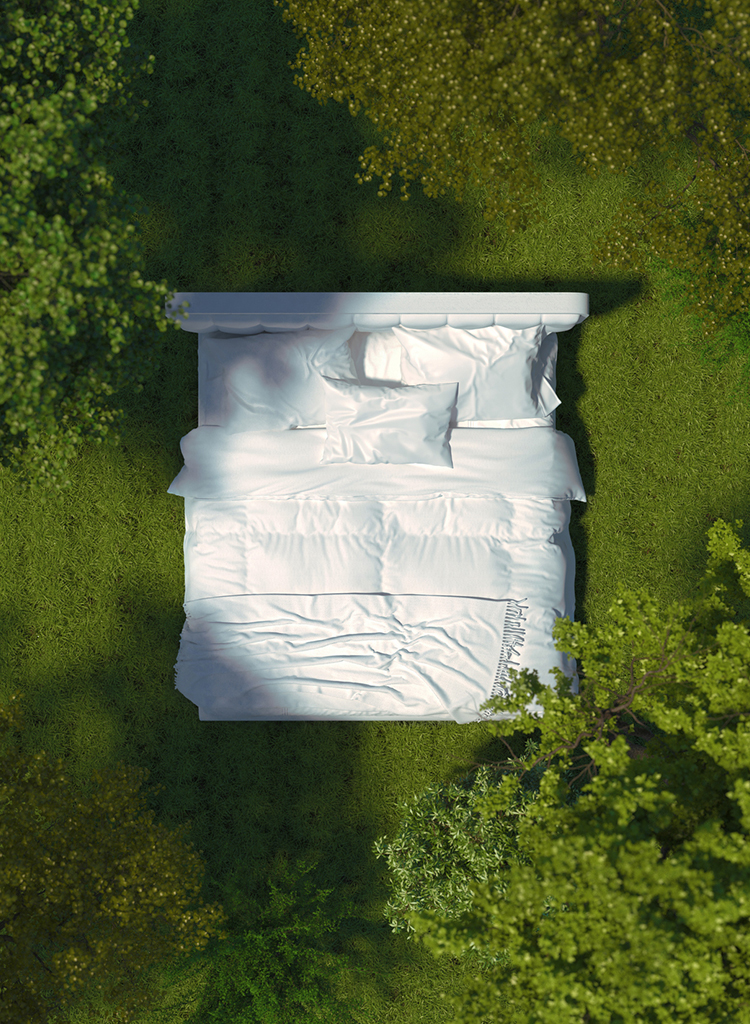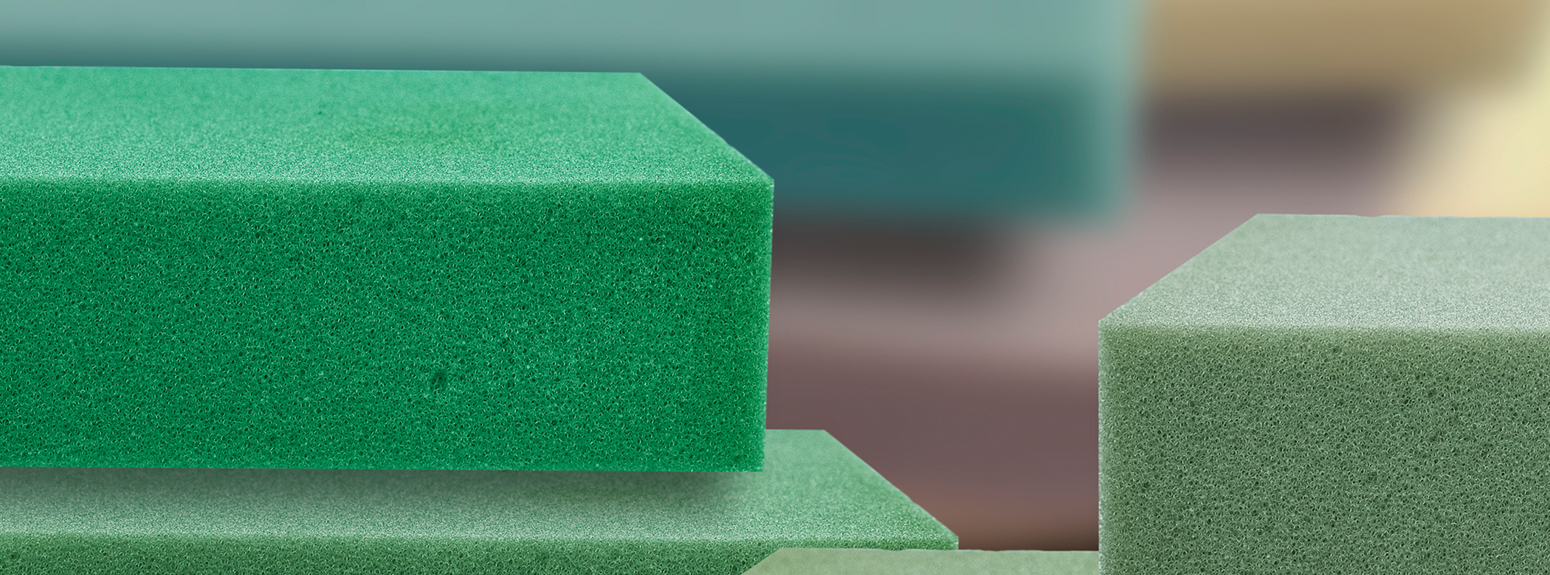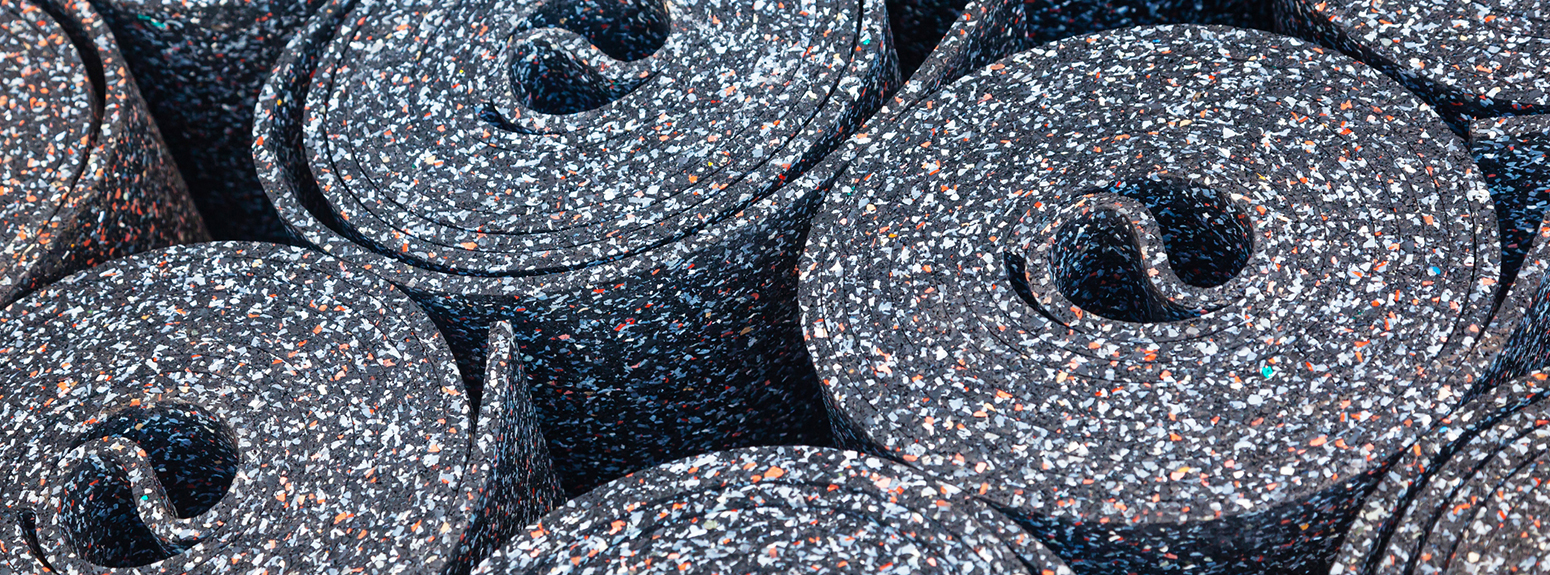Startup Tales | How Re Mat recycles polyurethane to produce mattresses and furniture
Founded in 2018 in Nichelino (TO) by Alessandro Lodo and
Francesco Perazzini, the innovative startup has patented a circular recycling
process which led the Iren Group to acquire the majority shares of the startup
following the Open Innovation paradigm
Recover waste and scraps of polyurethane foam generated by the production processes of sectors such as automotive and furnishing accessories - mainly disposed of in landfills and incinerators - to recycle them with an innovative circular process, thus obtaining a secondary raw material with technical characteristics and performance comparable to virgin polyurethane.
This is the activity of the innovative startup Re Mat, co-founded in Nichelino (Turin) in 2018 by former CEO Alessandro Lodo and Francesco Perazzini.
An example of Open Innovation, with the Iren Group which - through the subsidiary Iren Ambiente - acquired the majority shares of the young Piedmontese company in June 2023. After an initial investment dated 2021 which started the operations of Re Mat in the supply chain of polyurethane recycling with a circular solution.
The origins of Re Mat: from the retail sale of imported furniture to the recycling of polyurethane foam
Alessandro Lodo and Francesco Perazzini met during their joint studies which led them to obtain an MBA at the SAA - School of Management of the University of Turin, and after the internship in the last year of the course they started their own entrepreneurial journey. The initial idea is to import furniture - with particular attention to the “night world” - and sell them in two physical stores in the Piedmontese capital.
“After a year of work - explains Perazzini - we realized that was missing a solution to continuously, without problems and obviously in a sustainable way, dispose of the old mattresses and sofas that customers asked us to bring when they purchased new ones”.
Finding ourselves in a short time with a warehouse full of used mattresses “which we could no longer dispose of because – due to clutter and padding - landfills are reluctant to accept them when they come from companies, we tried cutting them and opening them by taking samples to see 'what came out' in quantitative terms”, explains Perazzini.


How Re Mat's circular innovation works, giving “new life” to polyurethane waste
“In the meantime - continues the co-founder of Re Mat – I knew a company that offers a technology for shredding and agglomerating polyurethane. After having explored some similar technologies, together with Alessandro Lodo we set up an embryonic project to enhance almost all the components of mattresses: from the springs to the textile part up to the wool. At that point the project was brought to the attention of investors”, in particular angel investors (CLN Group and Investors Club founded by Giancarlo Rocchetti, ed.).
The entrepreneurial project then evolved thanks to intense research and development activity, which allowed Re Mat to create an innovative and circular process to give new life to polyurethane scrap and waste. “The first thing we do – explains Perazzini - is to sanitize the incoming material, and then crush it and combine it following 'recipes' that we have developed over the years based on a mix of materials and glues”.
In this way the innovative Turin startup obtains a new block of polyurethane which, adds the co-founder of Re Mat, is “cut and coupled with other materials that we work to give it the possibility of being put on the market again in the form of ‘low density’ products, which offer comfort and performance identical to those made with virgin polyurethane, so that they can be sold easily”.
The first contact between Re Mat and the Iren Group favored by the Intesa Sanpaolo Innovation Center: an example of Open Innovation
In 2019, the first turning point: the Iren Group - leader among multi-service companies in Italy - is looking for startups and technology companies that aim to revolutionize the cleantech sector for the third edition of the Iren Startup Award. Initiative organized in collaboration with Intesa Sanpaolo Innovation Center, through the Intesa Sanpaolo international acceleration program “Startup Initiative“.
In that context, Intesa Sanpaolo Innovation Center supports the Iren Group (Intesa Sanpaolo client) following the Open Innovation paradigm. The first step is the scouting of innovative startups present on the Italian market, subsequently selecting and accelerating those with high technological potential in line with Iren's targets.


The start of production of Re Mat thanks to the first investment from the Iren Group and the “lukewarm” response from the market
Re Mat reaches the final phase of the Iren Startup Award, named Arena Meeting, thus presenting his circular innovation to Iren's top management. From that moment on, various insights began independently, which in 2021 led the Iren Group to sign an investment contract with Re Mat aimed at supporting the purchase and testing phase of the systems for the recovery of polyurethane, in addition to the start of production and marketing.
Thanks to the new capitals, the Piedmontese startup then fine-tunes its machines and processes in the Nichelino plant and, after having obtained an experimental authorization from the Metropolitan City of Turin, starts effective production in 2022.
Initially, recalls Perazzini, the market response “was perhaps slower than one might have expected, and then grew in step with consumers' greater attention to the issues of the circular economy and sustainability, with illustrious names in the furniture industry increasingly looking for recycled materials”. Also why, continues Perazzini “companies devoted to sustainability must demonstrate that they use recycled material and that their waste does not end up in landfill but within a recovery chain, in which Re Mat has positioned itself”.
Effective operations allow the innovative Piedmontese startup to process approximately 400 tons of end-of-life mattresses (approximately 110,000 units) and 2,000 tons of companies' polyurethane production waste.
Re Mat's circular business, also making use of collaborations such as the one with the Polytechnic of Turin, leads to the production of lines of circular mattresses in Eco Foam. Consistent with the circular vision of the business, the startup also pays particular attention to energy saving in the transformation and recycling processes of expanded polyurethane, whose possible applications go beyond furniture thanks to its high-level soundproofing and heat-insulating properties.


The acquisition of the majority shares by Iren Ambiente in 2023: new growth prospects
The Iren Group, through its subsidiary Iren Ambiente, announces in June 2023 the acquisition of the majority shares of Re Mat, with a capital increase and the simultaneous takeover of all the shares previously held by the angel investors, in addition to the Nichelino complex which includes the startup's experimental production site. The operation leads Iren to hold the majority of the share capital of Re Mat to increase its presence in the circular economy sector, also counting on funds from thePNRR available to the Group.
A considerable investment which, explains Perazzini (who remained in the company as Administrator like Alessandro Lodo), allows the startup to “close an investment program on new production lines worth 2 million, with the remaining part of the new capital invested partly on the production site and partly on the machinery, growing in the post-consumer part (end-of-life mattresses) to reach recycling approximately 700 tons of polyurethane”.
Objectives to be achieved with a new corporate structure that demonstrates the “added value” of Open Innovation. A perfect example also with regards to the circular economy, given that the solution patented by the innovative Nichelino’s startup is ReMade in Italy certified - recognized at European level by Bureau Veritas.
This “certifies that our process is actually recycling and not a greenwashing operation, giving certainty to those who consume our material that it has advantages both in terms of sustainability and costs”, clarifies Perazzini. “In this way - goes on -we certify that our recycled polyurethane reduces emissions ofCO2, indicating the kilos saved and other characteristics relating to the sustainability of the entire regeneration process”.
The future of Re Mat, between EU regulations and the transition towards the circular economy
Looking to the future, explains the co-founder of Re Mat, “we want to increase the percentage of recycled product consumed by companies active in furniture, padding and packaging, also by virtue of the Minimum Environmental Criteria (CAM) imposed by the European Union. Criteria that will force Italy to adapt to the new standards in 2025 (also involving the world of furniture) by inserting a percentage of recycled products into the production of goods”.
“Furthermore - concludes Perazzini - the extended producer responsibility which already exists in the tire, battery and WEEE (Waste Electrical and Electronic Equipment) markets should also start in 2025 in the furniture sector. This means that those who produce and consume materials for the furniture market will have to take care and find solutions for the recycling of part of their production”.
A growth opportunity for Re Mat and the Iren Group in the circular economy originating from the unavoidable need to change paradigm, moving from the linear to the circular economy to continue generating value while respecting the environment.
